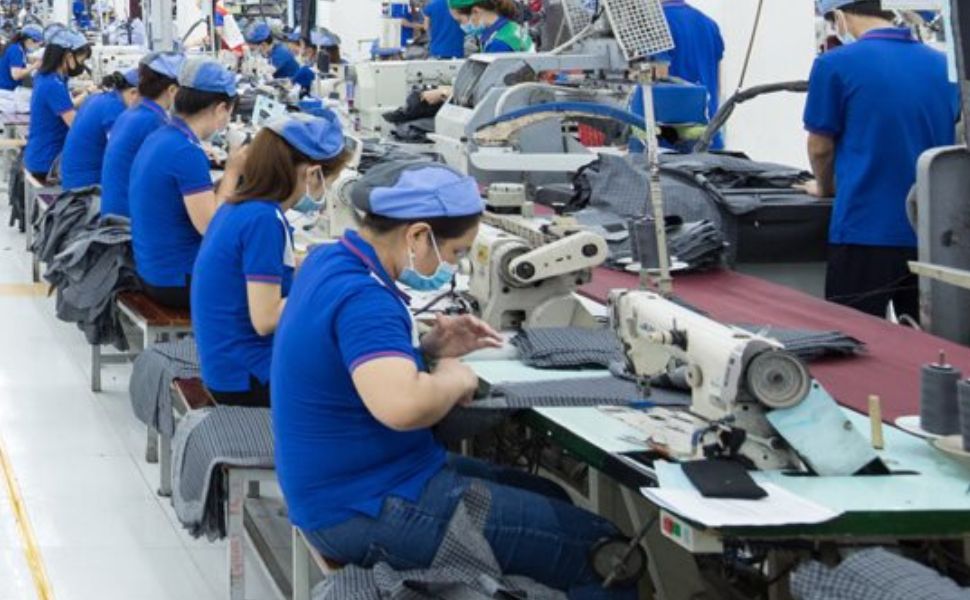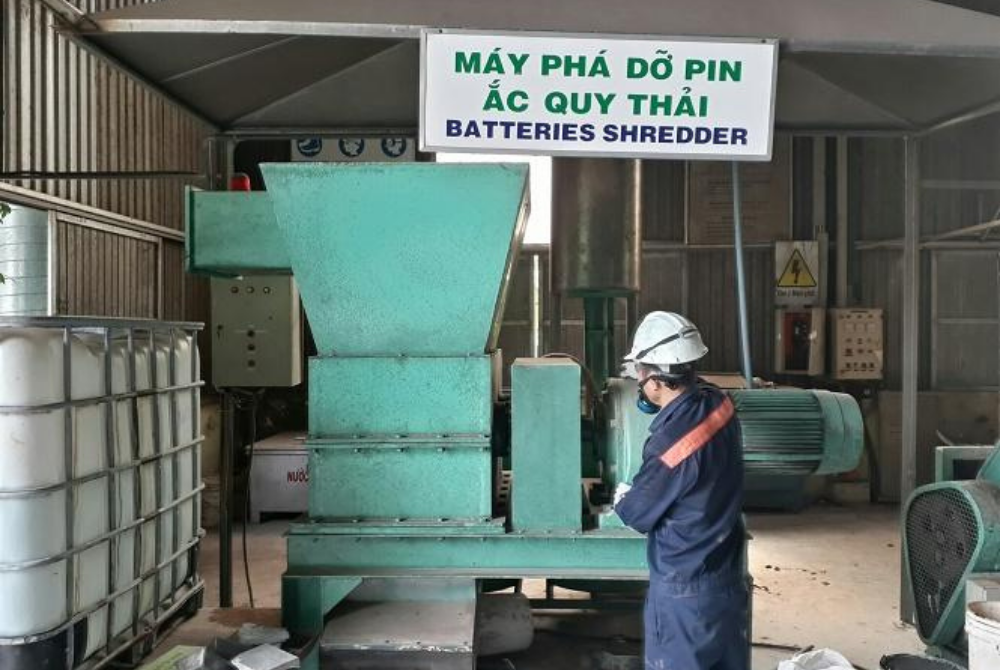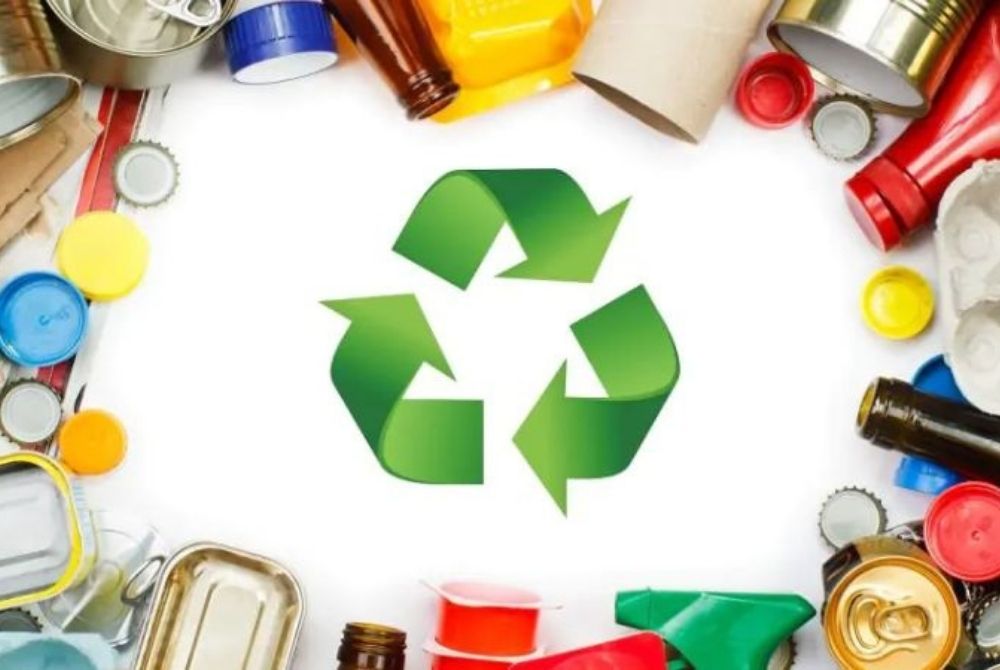Increased energy efficiency helps reduce emissions in the fashion industry
The fashion industry emits 10% of global carbon emissions which is the second most serious polluter in the world. Therefore, in a society increasingly concerned about climate problems, this industry is gradually shifting towards sustainable production to attract customers.
The extent of the fashion industry and materials are made clothing each year that affect pejoratively environment. Garment factories are large consumers of energy and therefore also emit a huge number of Greenhouse Gas Emissions( Greenhouse Effect - GE). Approximately 80% of energy used in the fashion industry is in the production of fabrics. Electricity is needed to run washing machines and air pumps in textile factories. A huge quantity of heat is also required for washing, drying, and dyeing of fabrics.
The commitment of the Government of Vietnam at COP26 will reach Net-Zero emissions by 2050. The set goals require the joint efforts of the whole society, including the private sector. For the fashion industry, it is becoming increasingly important for brands to cooperate with manufacturing plants in the supply chain to reduce greenhouse gas emissions (GGE )and contribute significantly to the implementation of commitments at COP26.
Recently, the German Organization for International Cooperation GIZ and companies involved in climate-related activities in the fashion industry of the United Nations have developed a training program on climate action for the fashion industry (CAT) by 2020. CAT is an online platform that provides a background on inventory and target setting in textile businesses. In the period 2022-2023, CAT is upgraded to an intensive training course focusing on implementing energy efficiency measures to cut greenhouse gases in the fashion supply chain.
Illustration image
According to information from GIZ, the Climate Action Training Program for the Fashion Industry is an activity within the framework of the Global Connectivity Initiative (IGS), which supports the private sector in promoting responsible enforcement. social and environmental control. The IGS is implemented by the German Organization for International Cooperation GIZ, under a mandate from the German Ministry for Economic Cooperation and Development (BMZ). The program has the introduction and connection of 5 famous fashion brands ( Lululemon, Fast Retailing, On-running, H&M, Fenix Outdoor), 35 domestic textile and garment enterprises, and suppliers of fashion brands that have participated in improving knowledge and skills.
After 9 months of online training courses on energy efficiency, inventory, and setting greenhouse gas targets businesses have also received direct feedback from a team of experts for the action climate plan and move forward in practice. The participants of the course gained a deeper understanding of the energy system and learned how to identify sources of greenhouse gas emissions and use coefficients of calculations, identify sources of energy loss, and develop solutions to use energy. energy efficiency and practical experiences from energy audits at manufacturing plants
Source: Vietnam Natural Resource and Environment Ministry.













